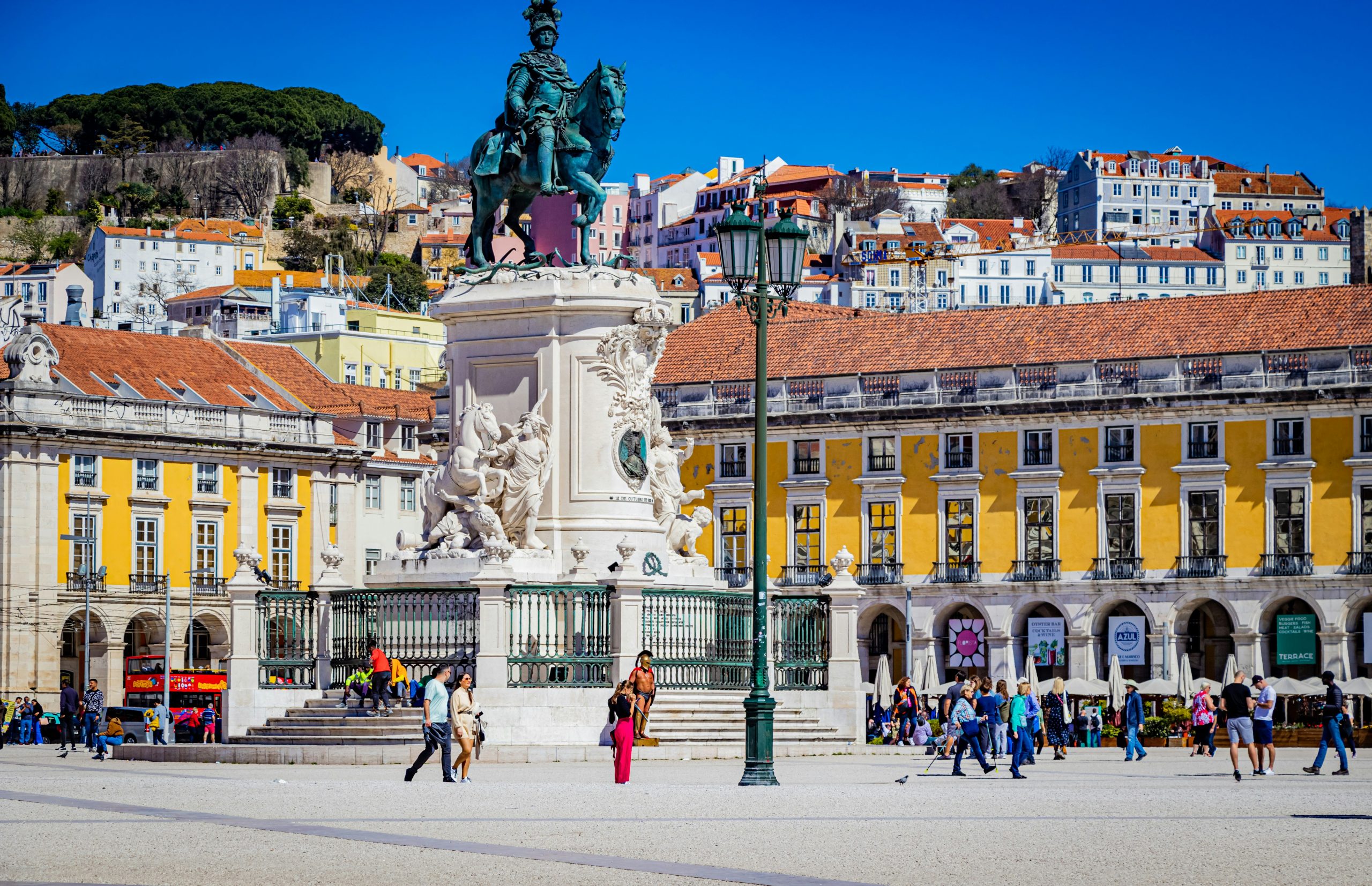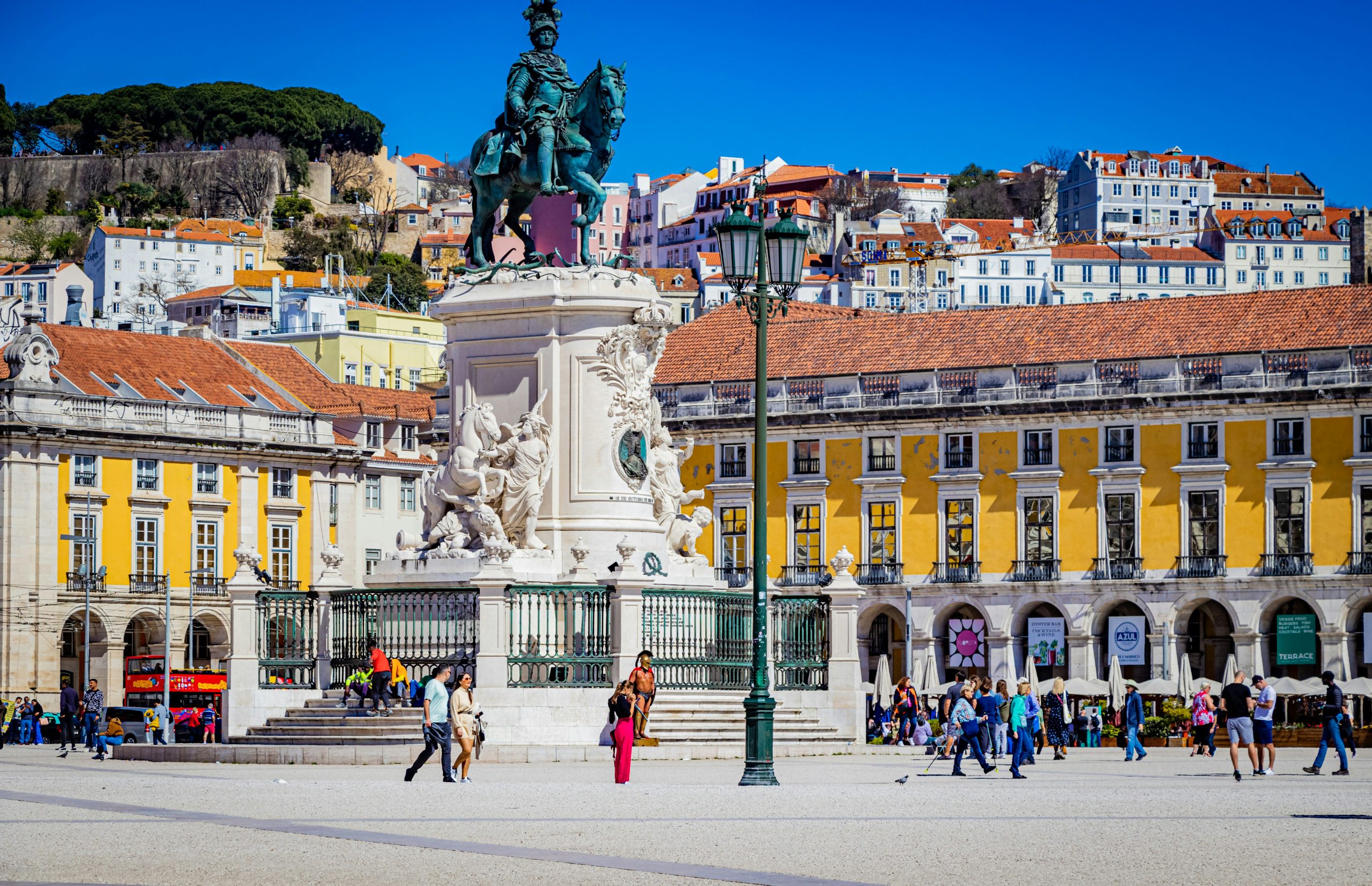The Portugal Golden Visa remains one of Europe’s most popular residency-by-investment programs, but in 2025 the single most pressing question investors ask is: how long does it take? The truth is that there is no fixed answer. Processing time is not one straight line but a series of distinct stages, each with its own queues, risks, and dependencies. On average, the journey from application to residence card takes between 12 and 24 months, though individual cases may move faster or slower depending on preparation, documentation quality, and office capacity. For investors planning their capital allocation and family mobility, understanding these timelines is essential.
At a glance
- Most investors can expect the overall process to last 12–24 months.
- Biometrics appointments usually occur three to nine months after pre-approval.
- Residence cards are generally issued one to four months after biometrics, though backlogs at Portugal’s national mint (INCM) can add delays.
- AIMA (which replaced SEF in late 2023) is actively modernizing systems, including the launch of a renewal portal in July 2025.
- To manage pressure from the backlog, the government temporarily extended residence permit validity until October 2025.
These headline figures provide a useful baseline, but investors must be prepared for a degree of uncertainty.
What “processing time” really means in 2025
Golden Visa processing is best thought of as a chain of linked steps rather than one continuous wait. Each stage introduces new requirements and potential delays.
The typical sequence, with realistic timing bands
- Preparation and banking
Investors must obtain a Portuguese tax number (NIF), open a bank account, and complete the know-your-customer (KYC) process. Fund subscription documents are finalized at this stage. In straightforward cases, this step takes two to six weeks, though delays in bank compliance or missing documents can stretch it further. - Online submission to AIMA (ARI portal)
Once the investment is executed, the application is uploaded to the ARI portal along with all supporting documents. Investors pay the analysis fee at this stage. File review waits are highly variable, ranging from six months to well over a year depending on backlog and office workload. - Biometrics appointment
After pre-approval, applicants are invited to book biometrics. Scheduling usually takes three to nine months, but availability depends heavily on the AIMA office. Families applying together need to ensure all members can attend on the same day, which sometimes pushes appointments further out. - Final approval, fees, and card production
Once biometrics are completed and the application is approved, investors pay the issuance fee. Cards are produced by INCM (Casa da Moeda), generally arriving within one to four months, though production bottlenecks occasionally extend this stage.
Together, these stages account for the 12–24 month window most investors experience.
Why the range is wide
Two main factors explain the wide variation in processing time. The first is the historic backlog of tens of thousands of pending cases inherited from SEF. Although AIMA has accelerated processing, the queue still weighs heavily on timelines. To reduce strain, the government granted temporary extensions for permits expiring between 2020 and mid-2025, automatically extending them until October 2025.
The second factor is local office capacity. Applications are distributed across different AIMA offices, and those in Lisbon or other high-volume locations often face longer waits. By contrast, smaller regional offices can sometimes process cases faster. Investors should therefore prepare for timelines to vary depending on where their file is handled.
2025 developments investors should know
The landscape in 2025 has brought both challenges and improvements:
- Digital modernization: AIMA launched an online renewal portal on 11 July 2025, a first step in digitizing the broader residency process. While currently limited to renewals, it shows that AIMA is investing in efficiency.
- Validity extensions: Residence permits expiring between February 2020 and June 2025 are recognized as valid until 15 October 2025. This measure was designed to ease pressure on the system while reforms are implemented.
- File completeness: AIMA has stressed that only complete and properly legalized applications will move forward. Incomplete submissions risk rejection or rescheduling, both of which add months to the process.
These updates underline the importance of preparation and the reality that processing times remain in flux.
Where delays actually occur
While some delays are unavoidable, many stem from predictable choke points:
- Up-front documentation: Police certificates must be issued within 90 days of submission, translated, and apostilled or legalized. If they expire while waiting, new ones are required, causing setbacks.
- Banking compliance: Portuguese banks apply strict anti-money laundering checks. Inconsistent or incomplete proof of funds can lead to repeated requests for clarification.
- Biometrics logistics: Appointment availability varies, and families may struggle to secure slots together. Some offices release appointments at short notice, complicating travel planning.
- Card production: Once approved, cards are printed at INCM. Production delays are sporadic but can add several weeks to the final wait.
Recognizing these friction points allows investors to prepare better.
What investors can control
While investors cannot influence AIMA’s internal capacity, they can minimize delays by controlling what is within their reach:
- Use compliant investment routes only
Since late 2023, the main pathway has been a €500,000 subscription into a CMVM-regulated fund. All real estate routes are closed, including indirect exposure. - Build a clean, chronological file
Ensure documents are recent and correctly formatted. Police certificates must be under 90 days old. Translations and apostilles must be complete. Fund subscription agreements and proof of transfer must align with AIMA’s checklist. - Start banking and KYC early
Completing the NIF and opening bank accounts well ahead of time prevents last-minute bottlenecks. This also avoids police certificates expiring before submission. - Plan for the biometrics window
Keep travel calendars flexible and ensure dependents’ documents remain valid. Families should prepare backup dates in case appointments are split. - Expect local variability
Processing times differ by AIMA office. If offered a choice, consider locations with shorter queues, though availability can change rapidly.
By managing these areas, investors reduce the risk of unnecessary delays.
A realistic timeline investors can plan around
Investors should treat published timelines as guidance rather than guarantees. Based on current patterns, a conservative plan would allocate:
- Preparation and banking: 2–6 weeks
- Submission to pre-approval: 6–18 months or longer, depending on backlog and office capacity
- Biometrics to card issuance: 1–4 months, with occasional extensions if production delays arise
Taken together, this produces an overall range of 12–24 months. Planning for the longer end provides a buffer against unexpected complications and ensures family, business, and tax planning can proceed smoothly.
Frequently asked investor questions
Does the wait affect the five-year citizenship clock?
Portugal’s nationality law requires five years of legal residence before an investor can apply for citizenship. Legal interpretations in 2024 and 2025 have debated when this period begins — at submission, biometrics, or final approval. Because outcomes vary, investors should seek professional legal advice to confirm how the rule applies to their case.
Has AIMA replaced SEF for Golden Visa processing?
Yes. AIMA is now the responsible authority for residence permits. Since taking over, it has introduced structural reforms and digital tools such as the renewal portal launched in mid-2025.
Is real estate still an option?
No. Real estate investments were removed from eligibility in late 2023. The €500,000 fund subscription remains the mainstream route, under strict CMVM supervision.
Practical checklist for a smoother file
- Police certificates less than 90 days old, translated and legalized.
- Proof of subscription into a CMVM-regulated fund.
- NIF, bank account, and KYC documentation completed before submission.
- Biometrics planning for dependents, with attention to passports and school calendars.
- Flexibility for potential card production delays after approval.
The investor’s takeaway
Golden Visa processing time in 2025 is not a fixed promise but a variable to plan around. With expectations anchored to a 12–24 month window, a complete and compliant file, and reliance on CMVM-regulated funds and experienced advisors, the wait becomes manageable. AIMA is modernizing systems and working through a heavy backlog, but the outcome still depends on the quality of each application and the capacity of local offices. For investors who prepare carefully, the wait is less a frustration and more a structured step toward residency and, in time, citizenship.
At Portugal Panorama, we focus on helping investors see beyond the headlines and prepare with clarity. Our role is not just to explain timelines, but to position private capital and residency planning within a wider wealth strategy. For those considering Portugal’s Golden Visa in 2025, disciplined preparation and the right partners make the difference between waiting passively and moving forward with confidence.
Get in touch to learn more.





